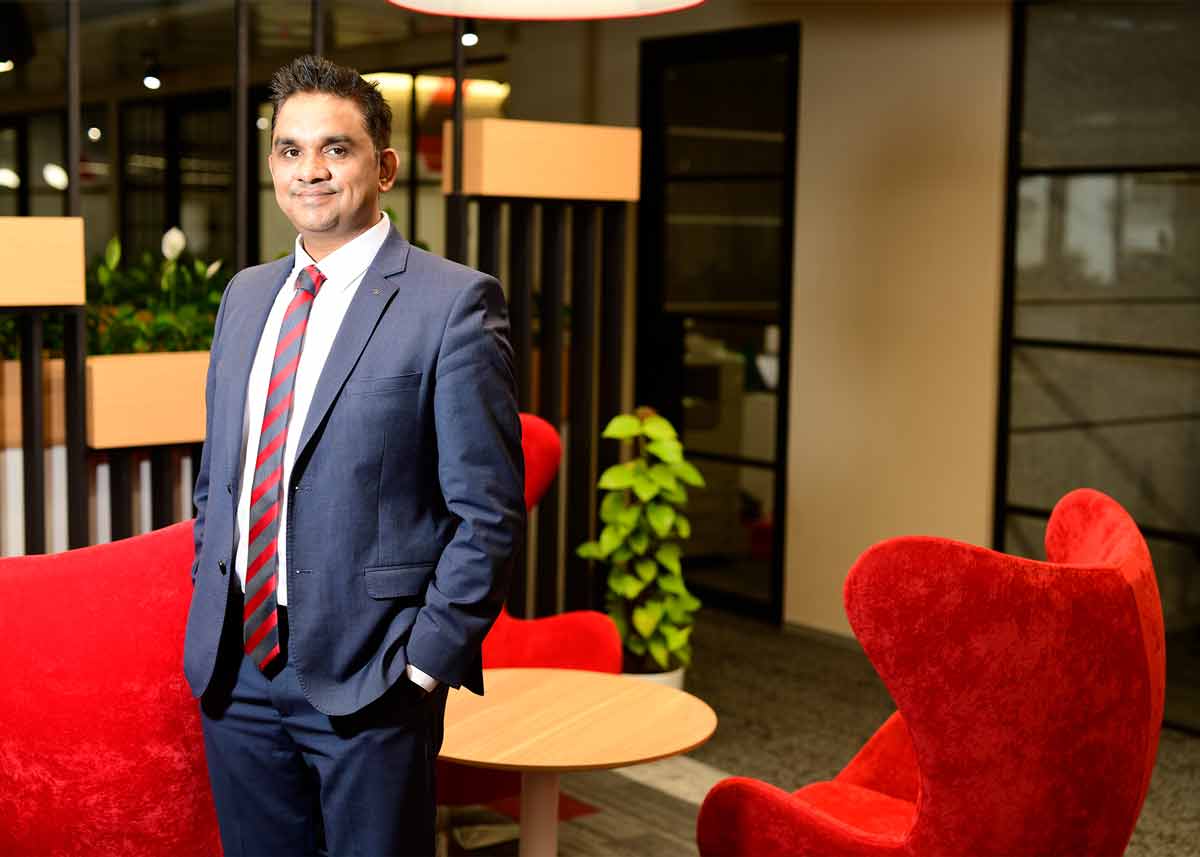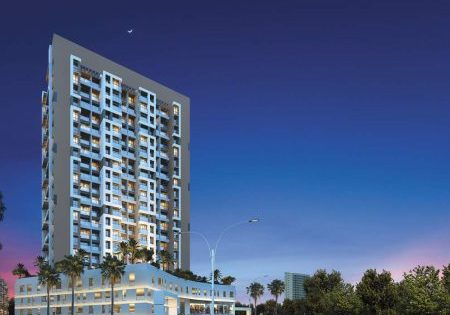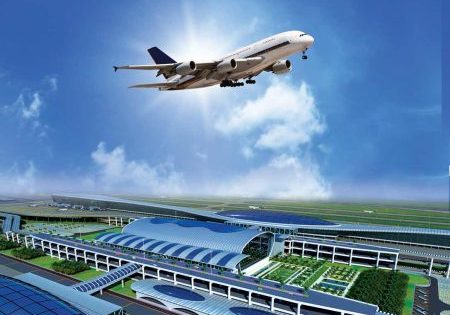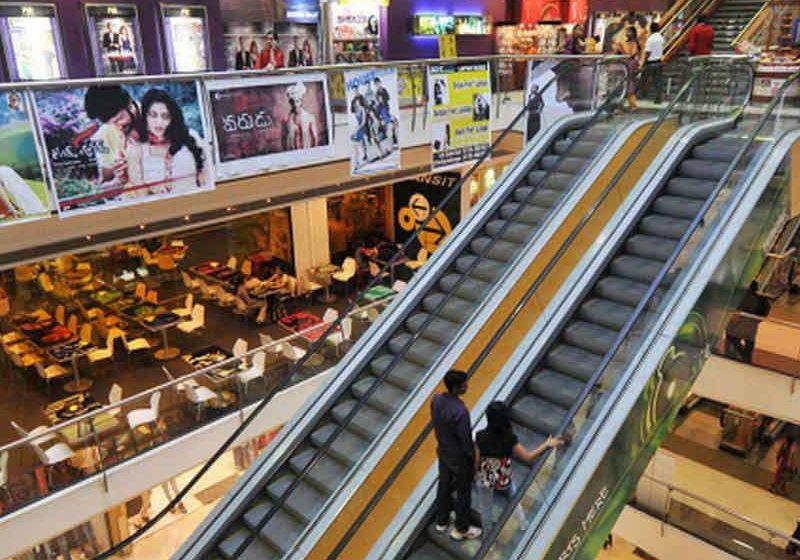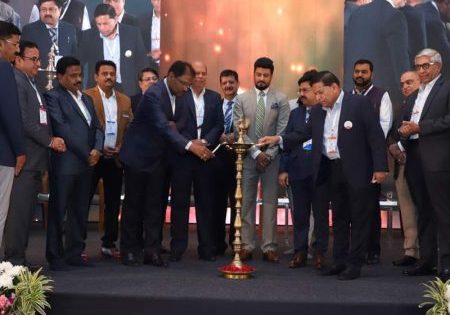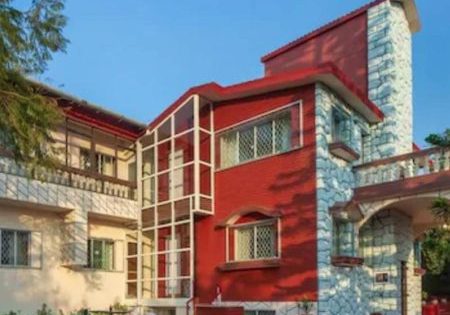Ashok Ramachandran (AR), president, Schindler India and South Asia, shares perspectives on the issue theme with your author (SSP).
SSP: Emerging real estate segments are tomorrow’s primary vertical-transportation (VT) demand drivers, with new opportunities in affordable housing, senior living, coliving, coworking, student housing and academic institutions. How do you see VT demand from these segments in India? What are the implications for the overall VT market, the types of elevators that would witness growth, and why?
AR: Elevator and escalator market growth is mainly driven by the residential segment, as well as activity and initiatives in tier-2 and -3 cities. The market is likely to get even stronger soon, with a focus on initiatives like “Housing for All,” development of smart cities and new infrastructure projects. This creates the need for taller buildings with even more efficient and innovative mobility solutions.
The elevator is the lifeline of a building, and breakthroughs in elevator technology have made it possible for buildings to grow taller. The important thing here is to plan for the correct number and specifications of elevators, considering the type of building, tenancy, population, etc. The reason this is so crucial is that, once elevators are installed, it is extremely difficult to change or add more without making substantial changes to the building’s structure. With advanced traffic analysis based on real-time simulation, the digital Schindler Plan & Design tool can add value on this front by helping customers plan for the optimum elevator configuration. It also allows architects to create elevator layouts and traffic studies, and tender project documents in a customized manner. Moreover, the tool assists in all kinds of facilities planning, based on type and usage, be it residential, commercial, hotel or hospital.
Schindler Plan & Design uses visualization technology and data analytics to give designers comprehensive product specifications and detailed layout drawings. Architects using Schindler Plan & Design have two options:
- Guided planning in which they navigate through the portal and enter building design details
- Fasttrack planning that allows the architect to search the product catalog to find the desired planning data, which includes product recommendations and determining the minimum elevator requirements through a simple traffic study.
SSP: How has the Real Estate (Regulation and Development) Act, 2016 (RERA) impacted the VT sector? Do you see a greater possibility for elevator manufacturers to partner with developers/associations in the RERA era?
AR: RERA went into effect in May 2017. The act aims to bring increased transparency and accountability across the real estate sector. With high rises and other multistory buildings coming up in large numbers, elevators have become the need of the day. But, like all other society assets, elevators have certain rules and regulations to prevent misuse and ensure proper maintenance. At Schindler, we are not just a mobility provider, but also a customer partner on RERA. We understand the industry is going through significant changes, and we are here to help it comply with the new standards.
The VT market is likely to get even stronger soon, with a focus on initiatives like “Housing for All,” development of smart cities and new infrastructure projects.
Elevators form a crucial part of a building when it comes to completion and final handover to the building authority. Through effective synergies with the developers and real estate associations, elevator manufacturers can add great value at every stage. Timely completion of installations and handover for occupancy become key responsibilities for elevator companies. Here’s how we believe we add value:
- Material sourcing management: We have manufacturing facilities at strategic locations to ensure the materials reach the jobsite quickly and there is no delay in project completion.
- Call-off process: The ability to order materials “just in time.”
- Installation methods: We continuously seek to improve our installation methods to ensure there is maximum efficiency with minimum hassle. Therefore, we have introduced scaffold-less installation to reduce completion time and improve safety. The conventional scaffolding method has many roadblocks that are reduced with this methodology.
SSP: What unique selling proposition defines the Schindler brand?
AR: Schindler is the first:
- Elevator company to bring machine-room-less technology to the Indian market
- Multinational corporation (MNC) to set up electrical and electronics (E&E) plants for elevators and escalators in India
- Company to bring the Internet of Things to elevators and escalators
- E&E company to bring a digital-out-of-home advertising solution to the industry
- Elevator company to introduce premium glass touch-control panels to the Indian market
Schindler strives to offer greener products and technologies. With the use of gearless machines, our products consume up to 30% less energy compared to that of conventional systems. Technologies such as standby mode when not in use and Suspension Traction Media belts result in significant savings in power consumption and space. Our products are almost 100% recyclable and free of harmful substances, ensuring better safety and user health. We emphasize end-user comfort and safety. Our elevators provide more room, while retaining the same shaft dimensions as conventional elevators, which leads to higher comfort levels. Our landing doors are 2-hr fire rated — higher than industry standards. In case of power failure, we have an automatic rescue device in place that takes passengers to the nearest floor.
With high rises and other multistoried buildings coming up in large numbers, elevators have become the need of the day.
SSP: How would you describe your management style and approach?
AR: I am a people person, and get my energy from interacting with my staff, from field personnel to top management. My leadership style is based on coaching and a visionary approach. I believe in putting people first. Once you have the right, well-trained and well-supported team, good results will be achieved. Every day, I try to be a down-to-earth and humble leader.
SSP: What has been the response to Schindler’s Robotic Installation System for Elevators (R.I.S.E) so far?
AR: R.I.S.E provides a new level of worker safety and improves the quality of elevator installation. This breakthrough symbolizes Schindler’s commitment to providing digital and urban mobility solutions to shape smart cities of the future. Schindler’s R.I.S.E couples artificial intelligence with elevator technology to enable the safe and precise installation of elevators. Robotic systems are becoming increasingly important to automate many of the construction industry’s repetitive and physically demanding tasks. The technology was recently used to install several elevators in commercial complexes and tall residential buildings in Europe, and has achieved outstanding installation precision, speed and safety. The technology was recently shortlisted for the Council on Tall Buildings and Urban Habitat 2019 Innovation Award.
R.I.S.E consists of a self-climbing robot that measures the elevator shaft, drills holes with precision and accurately sets anchor bolts to support a safe and fast installation of elevators. This automation sets the stage for mechanical installation on preinstalled anchor bolts. It is repeated at every level, making it ideal for high-rise installations. Increased accuracy, better-quality installations and greater safety in demanding work conditions are some of the key benefits. Digitization extends the capabilities of R.I.S.E by improving its ability to record actions performed by the robotic system and to automatically exchange data with digital models of buildings.
SSP: What is the significance of Schindler India in the overall operations of the Schindler Group? How would you describe your vision for the company?
AR: Schindler India is a 100%-owned subsidiary of Schindler Group. “Leadership through Customer Service” is the cornerstone of Schindler India’s growth strategy. This is evidenced by our service presence across 50 major cities, including branch offices in 13 major cities in the country. Our headquarters are in Mumbai. Over the years, Schindler India has gained the trust of leading builders and developers across the country. Schindler has been a partner in several prestigious infrastructure projects in India, like Terminal 2 at Chhatrapati Shivaji Maharaj International Airport in Mumbai; Chennai International Airport; the Delhi, Delhi Airport Mumbai, Bengaluru and Greater Noida metros; the Mumbai monorail; and Netaji Subhas Chandra Bose International Airport in Kolkata. Schindler has also been a preferred partner for landmark tower projects like World One, Omkar 1973 Worli, Antilia, Wave One, Amazon, Flipkart, World Trade Centre Mumbai, Imperial Towers and The President House in Delhi.
Schindler India is committed to growing its elevator business and has strategically invested to expand its elevator line to produce a capacity of approximately 17,500 units and its escalator line to 1,200 units at our Chakan, Pune facility. Under the government’s “Make in India” initiative, Schindler has already invested 430 crore (US$5.6 million) into setting up a factory. Schindler India’s 170-crore (US$2.2-million) investment is part of the total 600-crore (US$7.9-million) outlay over six years. We employ more than 1,000 people at any given time in Maharashtra. Schindler has ISO9001:2008-certified training centers in four major locations in India. These centers train engineers on our products using the latest tools and equipment, which improves reliability and quality of installations.
Schindler is responding to opportunities with targeted investments and strategic expansion of our business in India. The escalator factory is the latest addition, making Schindler India the only MNC to house both an elevator and escalator factory on the same campus. All this is a testimony to Schindler Group’s commitment to the Indian market, with an endeavor to be closer to our customers and offer them our solutions.
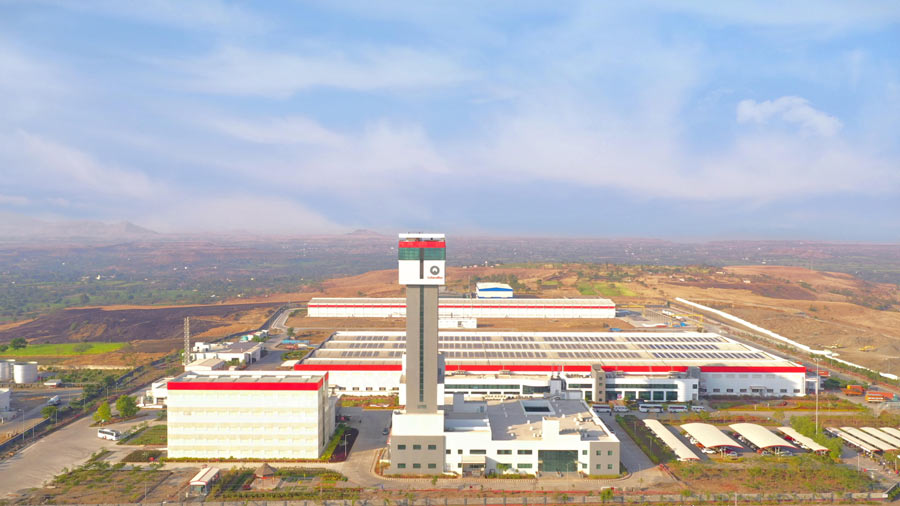
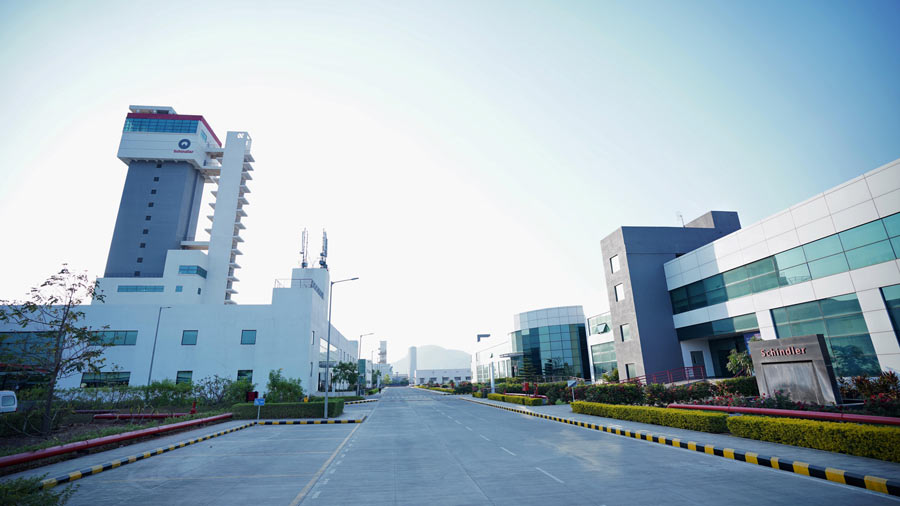
Get more of Elevator World. Sign up for our free e-newsletter.
